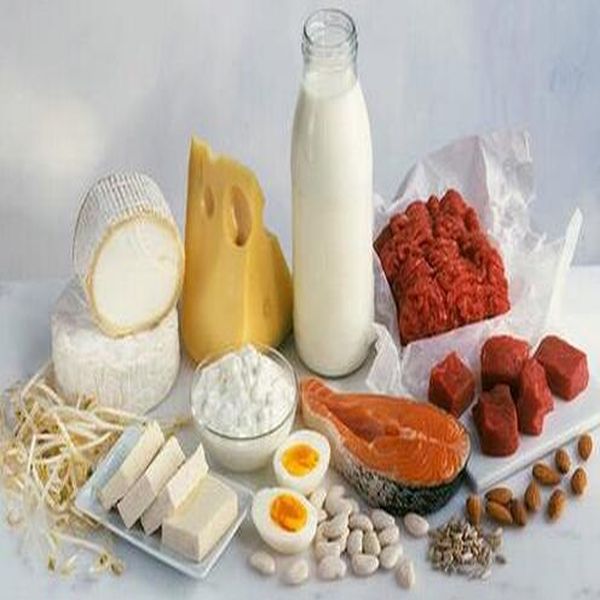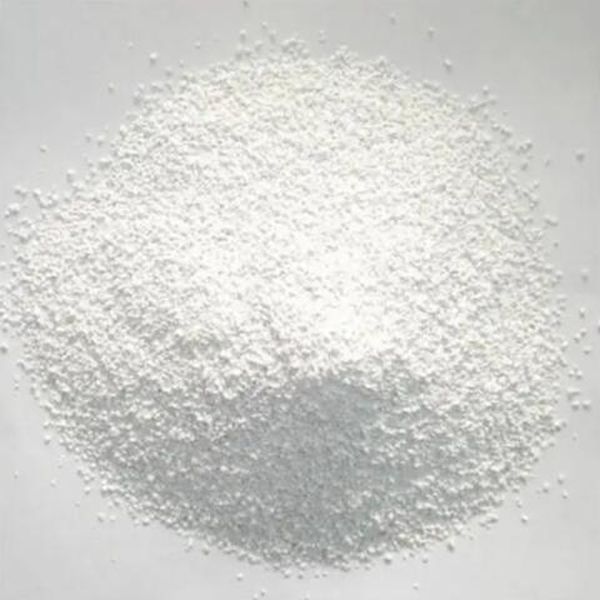Serine, also known as β-hydroxyalanine, is a non-essential amino acid, which plays a role in the metabolism of fats and fatty acids and muscle growth, because it helps the production of immune hemoglobin and antibodies and maintains a healthy immune system Serine is also needed. Serine plays a role in the production and processing of cell membranes, the synthesis of muscle tissue and the sheaths surrounding nerve cells.
Serine can be obtained from soybeans, brewing starters, dairy products, eggs, fish, lactalbumin, pods, meat, nuts, seafood, seeds, whey and whole wheat. If necessary, the body synthesizes serine from glycine.
L-serine is a non-essential amino acid and has many important physiological functions and functions. The main functions of serine are:
1. Synthesis of precursors of purine, thymine and choline;
2. L-serine hydroxyl group can be phosphoserine with important physiological functions after phosphorylation, which is one of the main components of phospholipids;
3. It has the effect of stabilizing the pH value of eye drops, and has no irritation after eye drops; one of the important natural moisturizing factors (NMF), the main role of the skin stratum corneum to retain moisture, and a key additive in advanced cosmetics.
The field of use of serine is also very wide:
1. Pharmaceutical raw materials: L-serine is widely used in the configuration of third-generation compound amino acid infusions and nutritional supplements, and is used to synthesize a variety of silk amino acid derivatives, such as cardiovascular, anti-cancer, new HIV drugs, and protective amino acids for genetic engineering;
2. Food: L-serine is used in sports drinks, amino acid diet drinks, etc .;
3. Feed: L-serine is used in animal feed to promote animal growth and development.
Post time: Mar-06-2020

